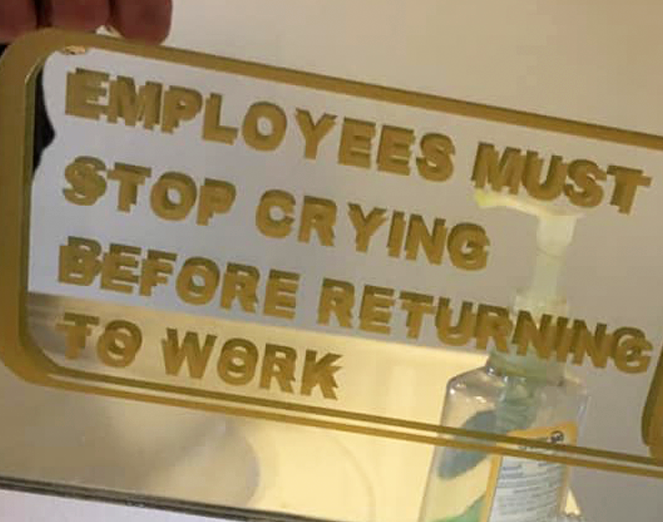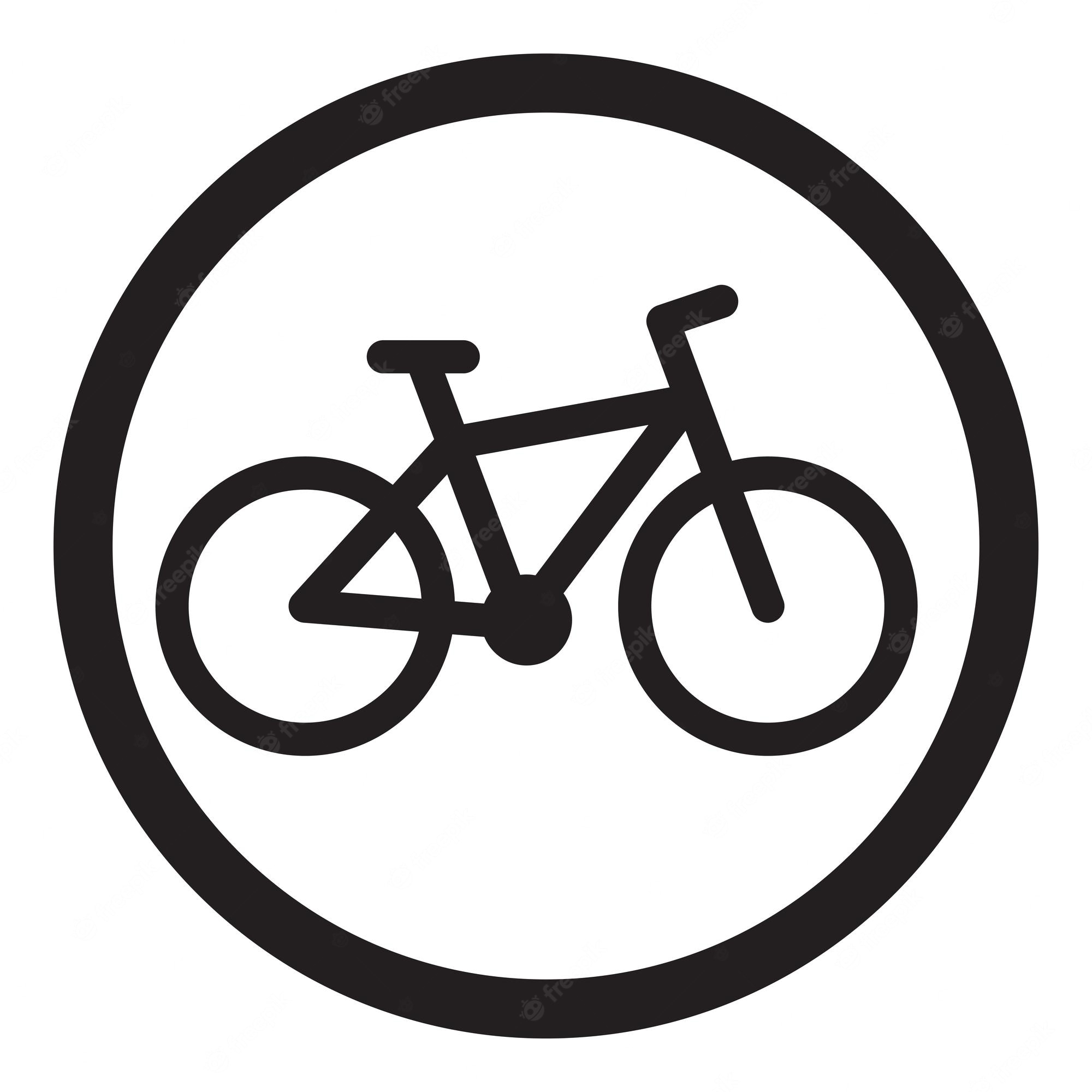

Looks like they’ve indicated that only the larger EUV will be offered. Unless you consistently have tall adults in the backseat or need the extra quarter inch of clearance regularly it’s a worse car in every way, but it’s pricier and gets higher sales margin so of course it’s the one they keep.



Not unless you want to be halfway competent at both, rather than well-qualified and hireable for either. Genetic engineering in particular is a rapidly evolving field, and if you take tons of extra time to complete your degree (or finish and then work as an electrician or something else for 5 years) what you learned at the beginning probably won’t be more relevant than any other wet science experience. As the first response said, what’s important is that you demonstrate that you can self-motivate and learn. Any biology related bachelor degree should help you get your foot in the door of any biological or even chemical science job–you’ll have to sell yourself to a greater or lesser degree, but you have to do that for a job interview anyway.
All that a second qualification, whether that’s electrician, plumber, stenographer, etc. would do for you is make it more likely that your lifetime career will be that secondary qualification. If that’s what you want then why bother with genetic engineering, and if it’s not then fast-track genetic engineering and know that if you need a bridge job it’ll be at a lower salary, but that you’ll be getting your main job earlier in life so it’ll even out.